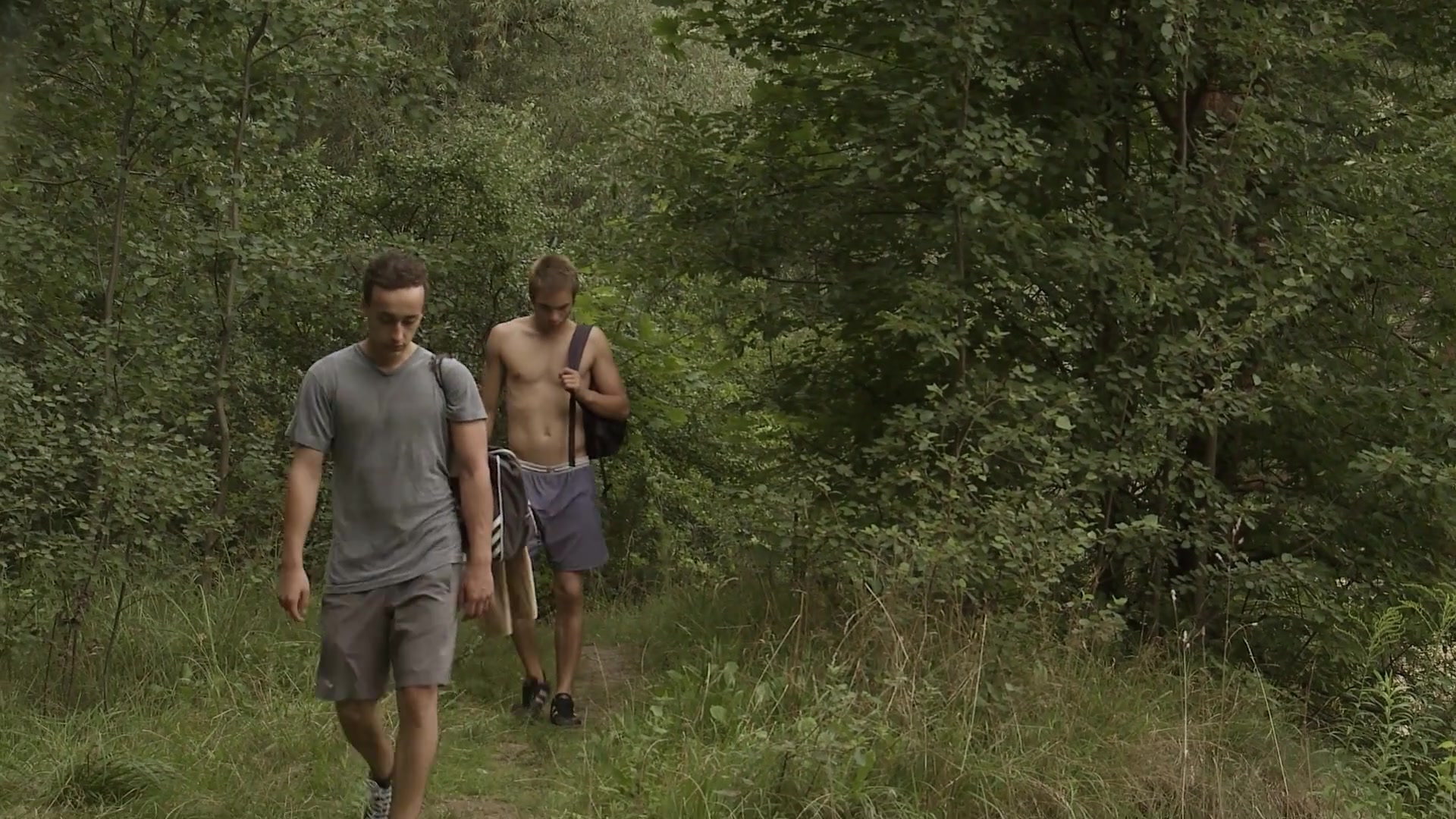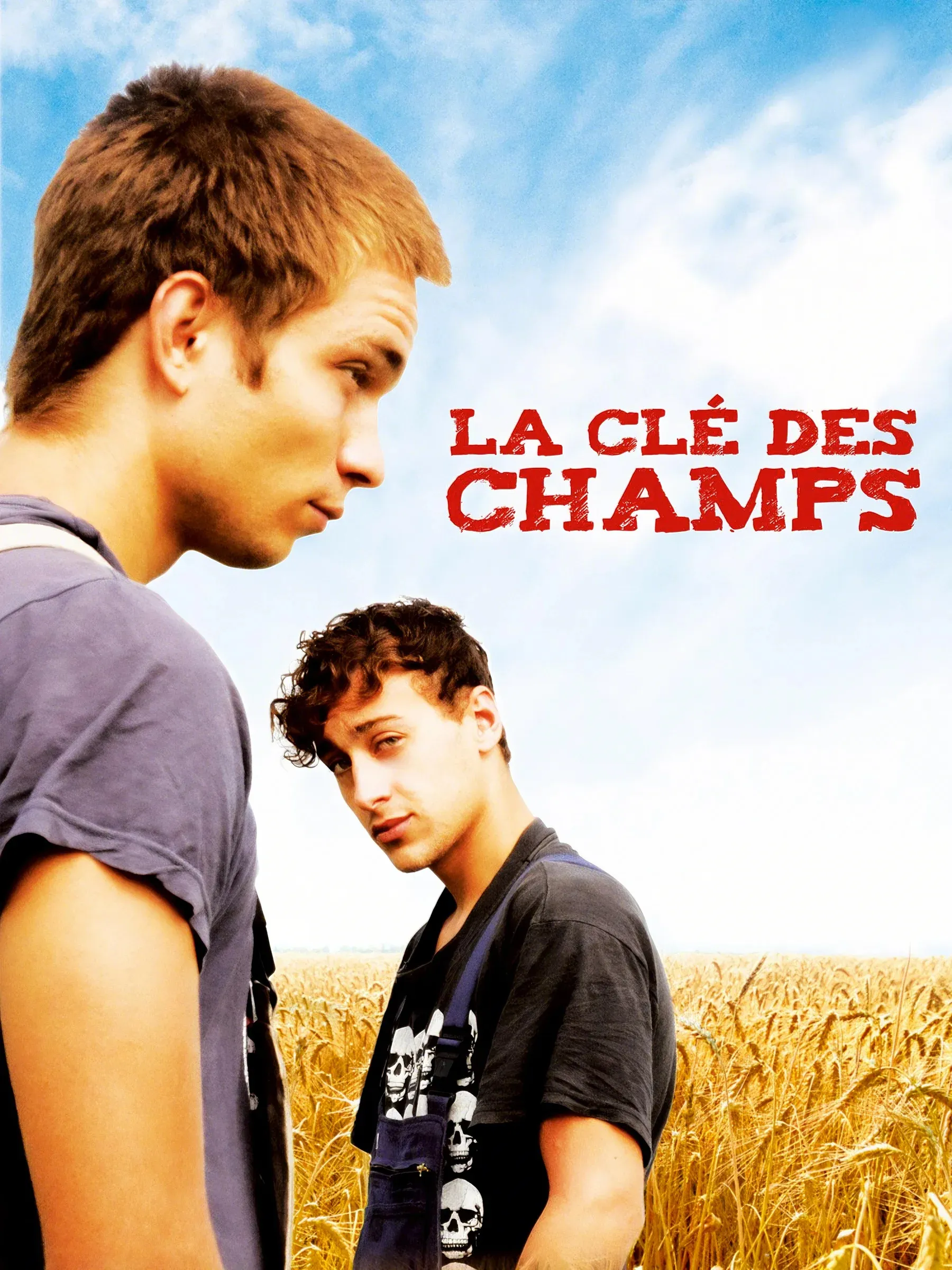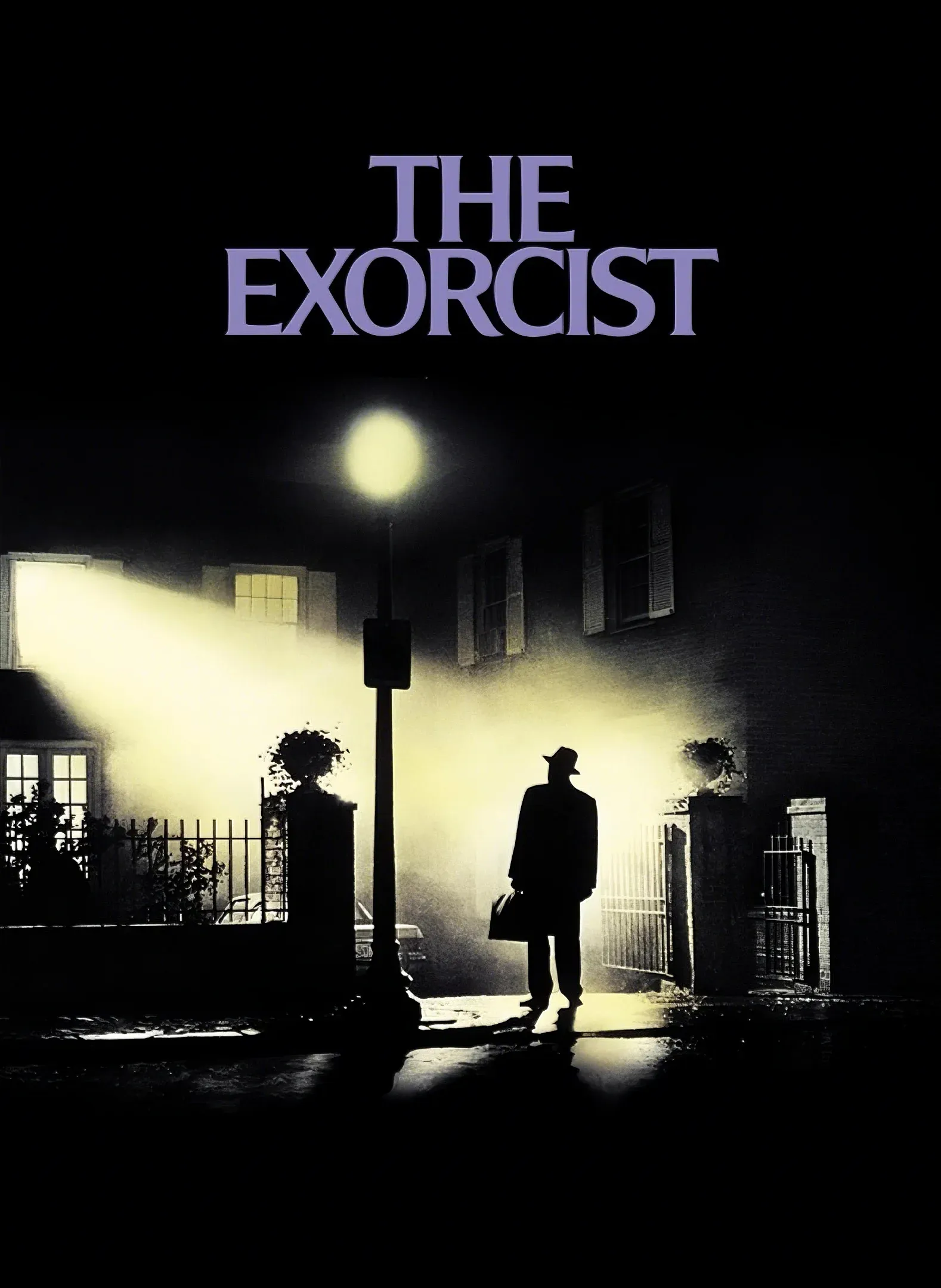Harvest (Die Ernte) is a 2011 German drama film directed by Benjamin Cantu. The film tells a gentle and understated love story set against the backdrop of rural Germany, following two young men navigating their emotions, identity, and personal growth. With its naturalistic style and minimal dialogue, the film provides an intimate, observational look at self-discovery and human connection.
The protagonist, Marko, is a reserved and introspective teenager who joins an agricultural apprenticeship at a farm. Coming from an urban background, he initially struggles to adapt to the physically demanding and structured life of farm work. He learns to tend to animals, harvest crops, and work alongside other young apprentices, all under the supervision of experienced farmworkers.

Among his fellow apprentices, Marko meets Jacob, a charismatic and confident young man who has been working on the farm for some time. Unlike Marko, Jacob is easygoing and self-assured, often joking around and enjoying the simple pleasures of rural life. The two gradually develop a close friendship, spending long hours working together and sharing quiet moments in the fields and dormitories.

As their bond deepens, Marko begins to feel unspoken emotions that go beyond friendship. Jacob’s warmth and openness contrast with Marko’s reserved nature, leading to moments of tension, curiosity, and longing. The film portrays their evolving relationship through small but meaningful interactions—a lingering glance, a shared cigarette, or a fleeting touch—rather than dramatic confessions.

Despite the beauty of their connection, the conservative and male-dominated environment of the farm adds a layer of uncertainty. Marko struggles with his internalized fears and doubts, questioning whether he can embrace his feelings in such a setting. Meanwhile, Jacob’s carefree nature suggests a different outlook, leaving Marko to wonder whether their relationship can truly go beyond fleeting moments of intimacy.
Harvest is a quiet and contemplative film that captures the delicate emotions of young love, self-discovery, and the challenges of accepting one’s identity. Instead of grand gestures or dramatic conflicts, the film relies on subtle storytelling and natural performances to create an authentic portrayal of two young men coming to terms with their feelings. With its muted color palette, slow pacing, and immersive cinematography, the film allows viewers to experience the emotions of its characters in an intimate and heartfelt way.

-1748051449-q80.webp)


